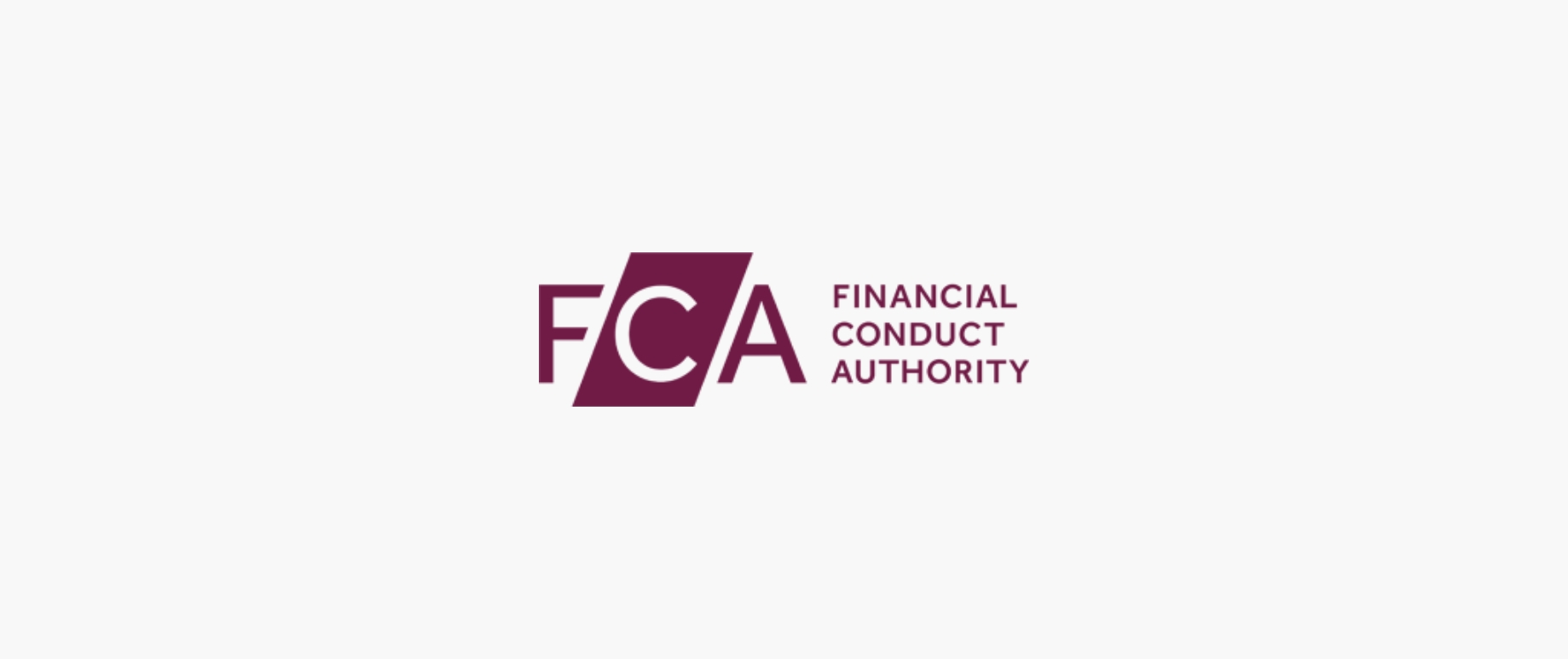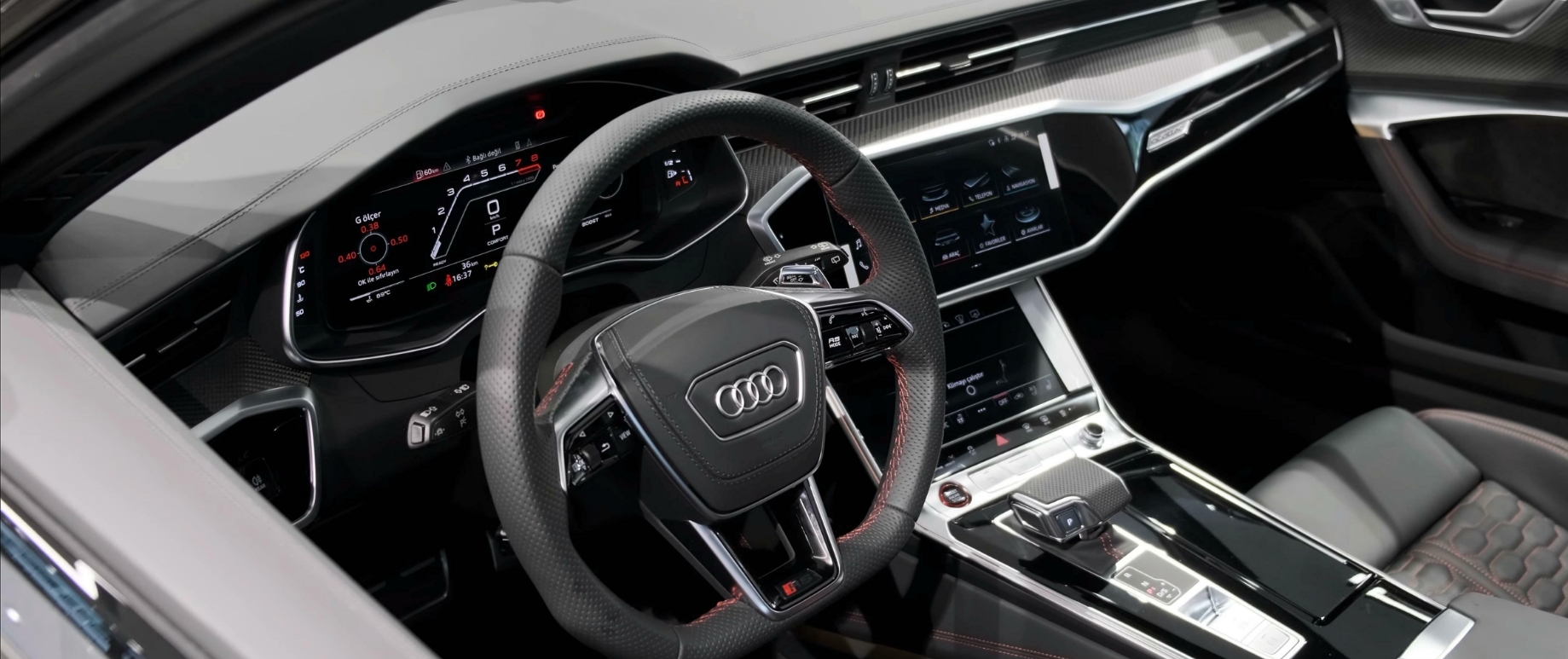Alternatives to GAP Insurance: All there is to know.

Contents
What is GAP Insurance?
GAP insurance (Guaranteed Asset Protection) is an add-on to core motor insurance, usually sold as a 3-year policy. In the event of a total loss of a vehicle (written off or stolen and not recovered), GAP insurance ensures the difference between a vehicle’s purchase price or outstanding finance balance and its current market value.
The ‘gap’ arises because insurers typically attach a ‘market value’ to a vehicle which may be below the outstanding finance amount or purchase price, leaving car owners with potentially major financial exposures. For example, if a new car purchased for £90,000 is stolen but not recovered after 18 months, the owner may only get an insurance payout of £70,000 (market value after depreciation). Under a PCP agreement, the remaining balance might be £80,000. GAP insurance would then pay the £10,000 difference to ensure you don’t lose out. GAP insurance has, therefore, become a popular form of protection for many drivers.

Why has GAP insurance been mostly withdrawn?
The FCA (Financial Conduct Authority), which regulates insurance products, grew concerned that GAP insurance products offered poor value to consumers. Early in 2024, as providers failed to convince the FCA otherwise, most GAP insurance products were pulled from the market. The FCA’s assessment of the value provided by GAP insurance includes data going back to 2008. Since then, the FCA has introduced rules strengthening how insurance firms assess whether their products provide fair value.*
(*Elevate Insurance Brokers Limited has never sold gap insurance.)
Why was GAP Insurance such poor value for consumers?
The FCA acted following several research projects, collecting data highlighting astonishingly low payouts on GAP Insurance overall. They found that only 6%-10% of premiums were used to pay claims, meaning 94%-90% were retained by insurers as profits or paid as high commissions. Commissions sometimes make up to 70% of the cost of GAP insurance.
There remains a need to protect against a potential shortfall in insurance, with over 600,000 new vehicles and 1.5 million used vehicles purchased with finance every year.

What are the alternatives to GAP Insurance?
Don’t protect the financial ‘gap’.
Car owners could simply take the risk of this ‘gap’ in an insurance payout that might not materialise. Either because they believe a theft or write-off will not occur or because they assume the market value will be sufficient to pay off any finance balance or replace the vehicle like for like. This approach could imply you have sufficient cash to cover any potential shortfall in an insurance payout, which could be many thousands. But what is the point of insurance overall if you still have a considerable financial risk? Surely there is a better alternative?
Agreed Value Car Insurance.
A valuable option for owners of supercars and prestige cars is an ‘agreed value’ insurance policy, which is essentially car insurance with GAP insurance included. Whilst ‘market value’ changes over time in line with the used car market and depreciation, ‘agreed value’ is set for the insurance policy term, regardless of whether the market value increases or decreases over the policy period.
More expensive cars are suited to agreed-value policies as they are generally insured under bespoke insurance policies. These policies also include comprehensive cover for the policyholder to drive other people’s cars, free breakdown cover, unlimited foreign trips, main dealer repairs, and other benefits.
GAP Insurance Alternative for Supercars?
Ferraris, Rolls-Royces, Lamborghinis, Bentleys, Porsches, Aston Martins and other prestige cars often depreciate in value, meaning ‘market value’ would not be sufficient to replace the car in the event of a total loss. In recent years, these cars have been targeted by thieves due to their scarcity, increasing the chance of an insurance claim.
All modifications should be declared to an insurer, but agreed-value policies reflect the cost/value of these modifications. Generally, the market value will not include these additional features, leaving the owner ‘underinsured’.
GAP Insurance Alternative for Imported Cars?
Vehicles imported from other countries may be difficult to value due to the UK’s lack of comparable makes/models. This could result in significant differences between how an owner might value a car and the market value determined by an insurance company. Therefore, an agreed value policy will provide the owner better financial protection if the car is written off or stolen and not recovered.
GAP Insurance Alternative for Collections and Classic Cars?
The market value of collections and classic cars varies greatly, so an agreed value will ensure a predictable set price. Where ‘classics’ are bought as restoration projects, the value to the owner is higher until it is complete, so again, agreed-value insurance offers better protection.
Gap Insurance FAQs.
Has GAP insurance been banned?
No, GAP insurance has not been ‘banned’, but the FCA has instructed several insurance underwriters to stop selling GAP insurance via car dealerships until they can show how value is provided to consumers. Around 80% of the GAP Insurance market has closed its offering.
What is agreed-value car insurance?
At the start of the insurance policy, the client and the insurance company agree on a value for the car to be paid out in the event of a total loss at the start of the insurance cover. A total loss could be a theft where the car is not recovered or an insurance write-off following an accident. The client may need to submit car details and any modifications or restorations to the insurers. Photographs and invoices may also be considered to set an agreed value; sometimes, an independent valuation is required.
A car owner with an agreed value policy must consider this value at renewal every year and ‘agree’ it with the insurance company. A specialist broker will help you do this.
Where can I buy agreed-value car insurance?
Agreed value insurance is often part of a specialist motor insurance policy. These policies are not usually sold online, so you need to speak to an expert broker such as Elevate Insurance Brokers. Elevate arranges specialist insurance for 100s of busy clients every month. We are a knowledgeable team that takes the time to build relationships with our clients to ensure we help them protect their assets, families and businesses.
What types of GAP insurance exist, and can they all be covered by agreed-value?
There are different types of GAP insurance, but agreed-value insurance is an alternative for all of them. Other GAP insurance options include:
- ‘Return to Invoice’ supplements a ‘total loss’ payout to the amount you bought a vehicle for.
- ‘Vehicle Replacement’ pays the difference between the ‘total loss’ payment and the value of a new car replacement.
- ‘Finance GAP’ insurance covers outstanding loan payments on a vehicle but not negative equity unless specifically arranged.
- ‘Lease GAP Insurance’ pays the difference between the ‘total loss’ payout and the remaining contractual payments on a lease, including any early termination fees.
How much does agreed-value insurance cost?
Agreed value insurance is embedded in specialist car insurance policies; therefore, the price will be determined by multiple factors such as the exact make/model of the vehicle, the policyholder’s age and driving experience, parking, security and estimated mileage. Elevate can advise on what cover is suitable for you and ensure you get the best cover at the best price.
How Can Elevate Help You?
At Elevate, we arrange bespoke and value-added car insurance. If you have any questions or would like to discuss the points raised in this blog then get in touch.

Insure Today for a Better Tomorrow.
If you’d like to talk to a human, call us on 01933 830400 during 9 am - 5 pm weekdays.

Share This: